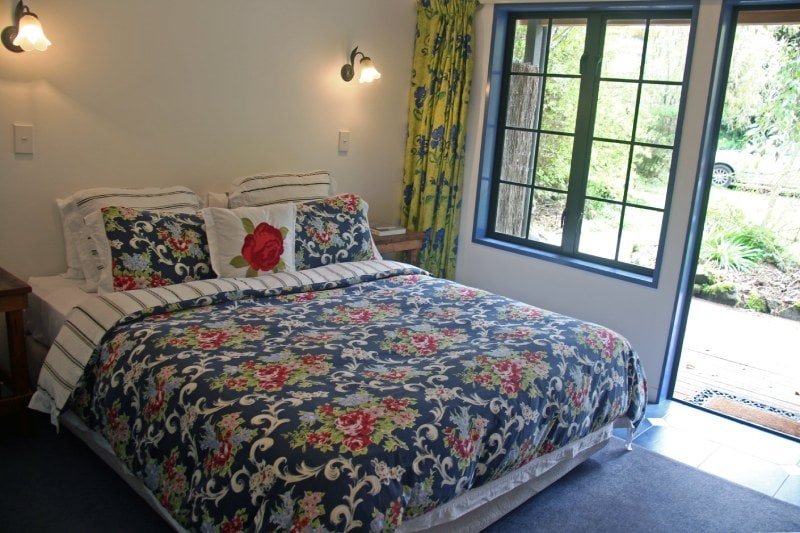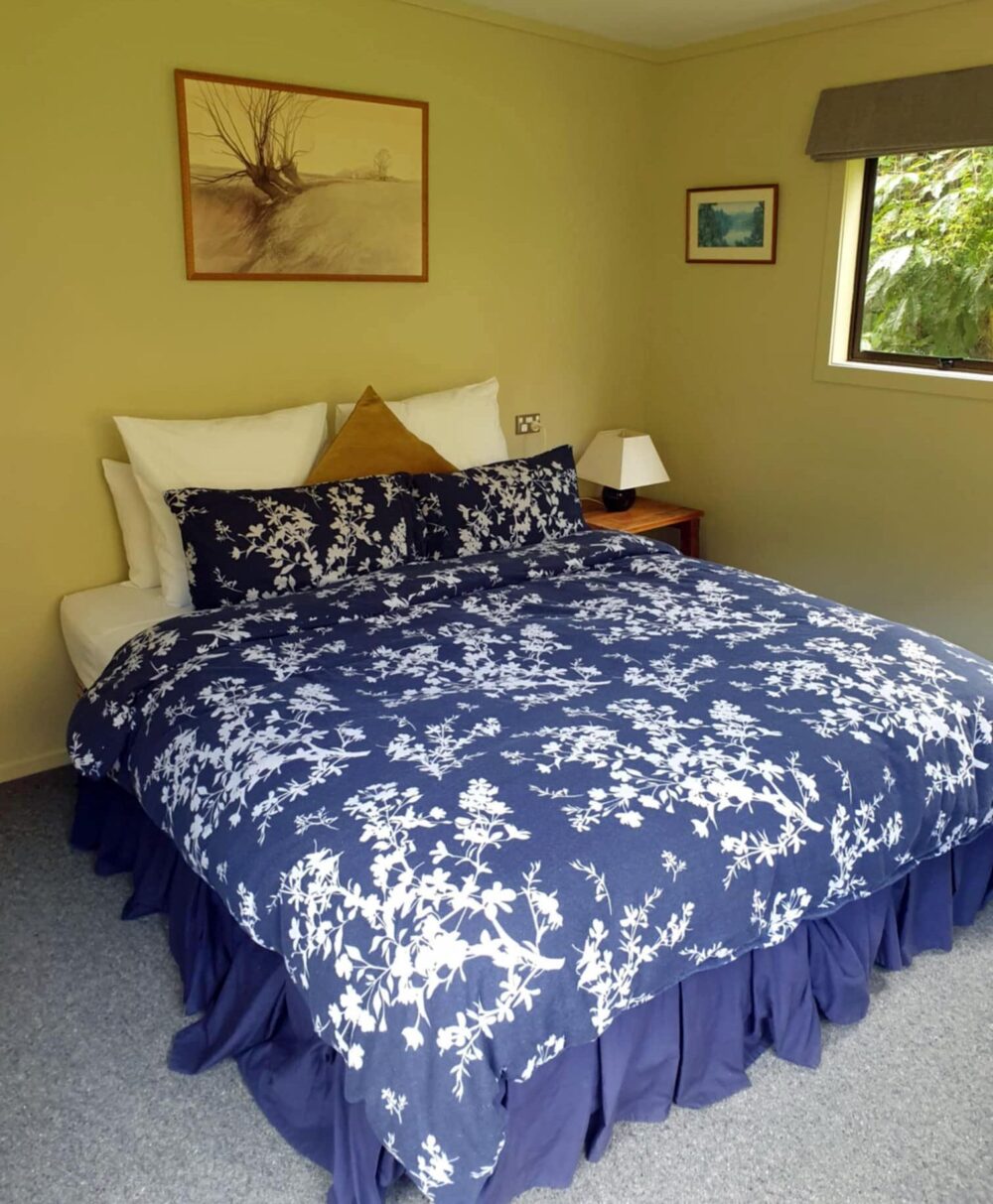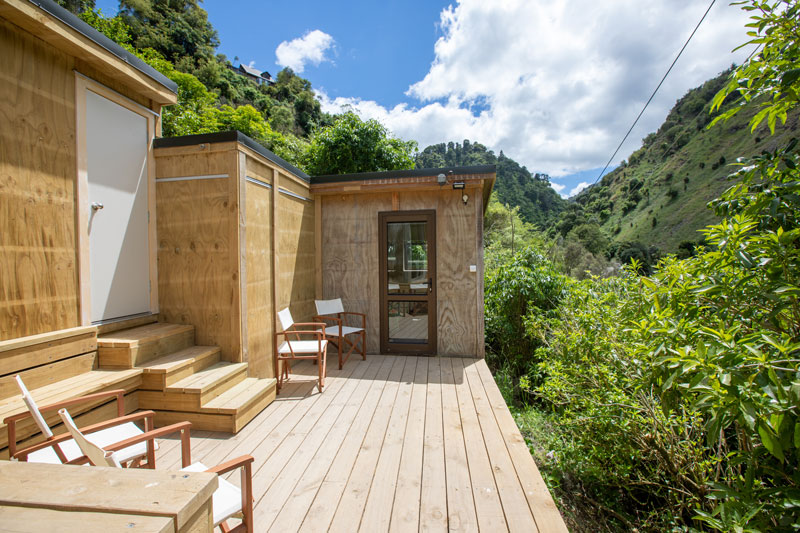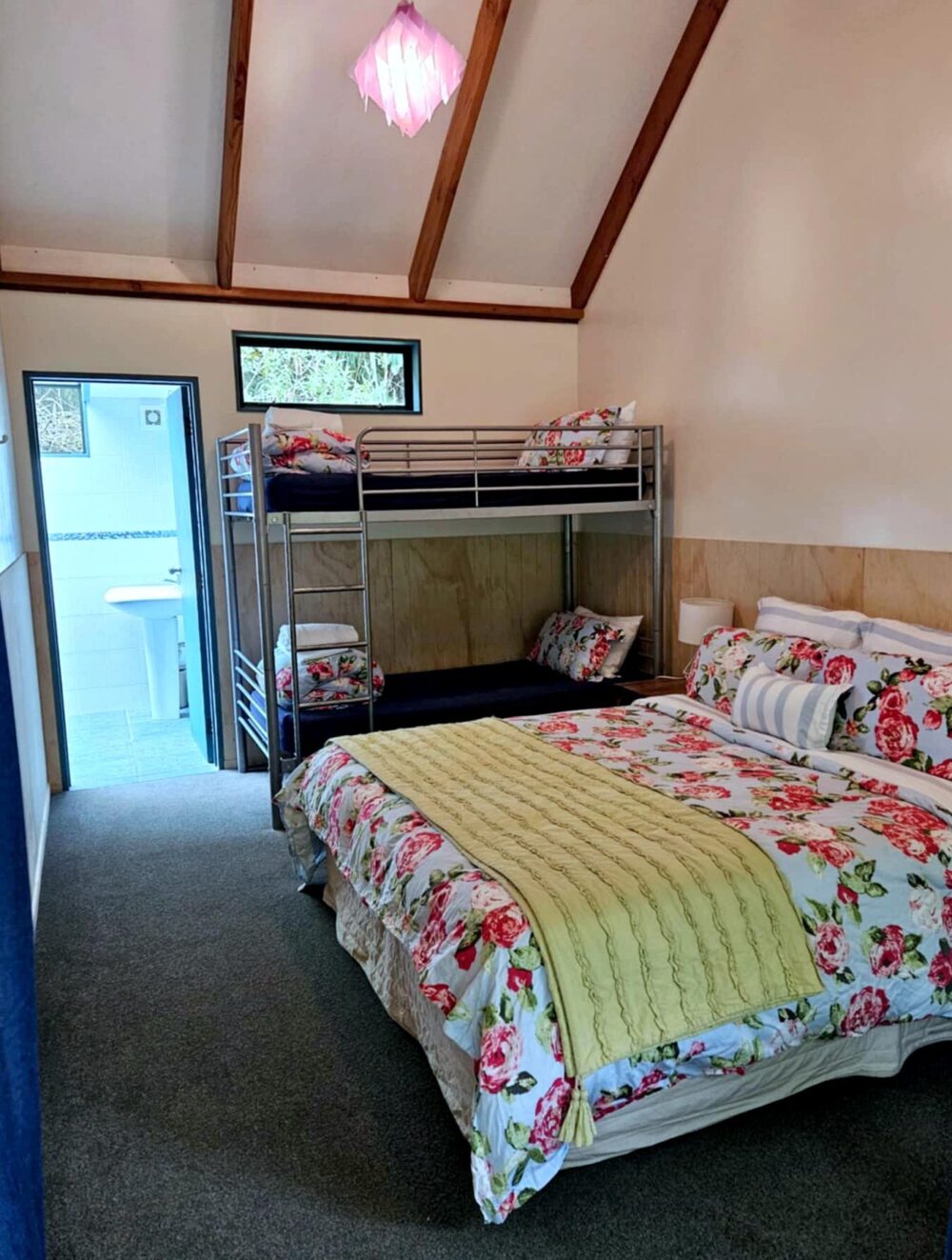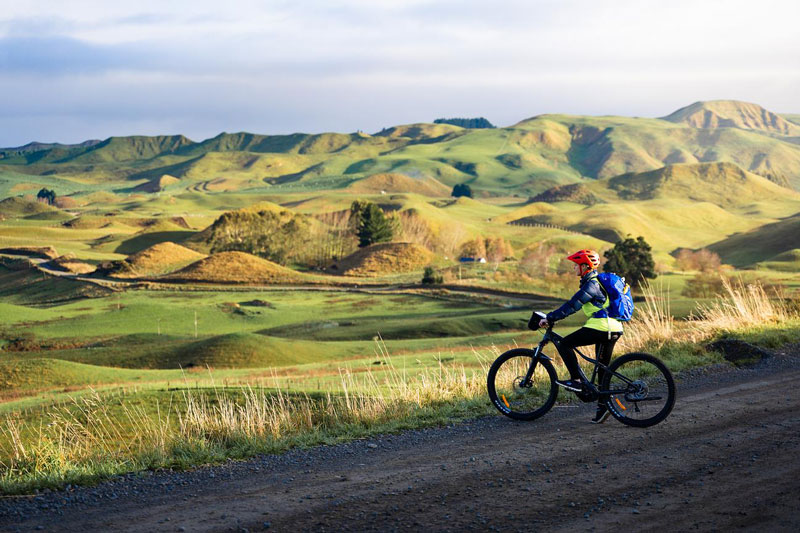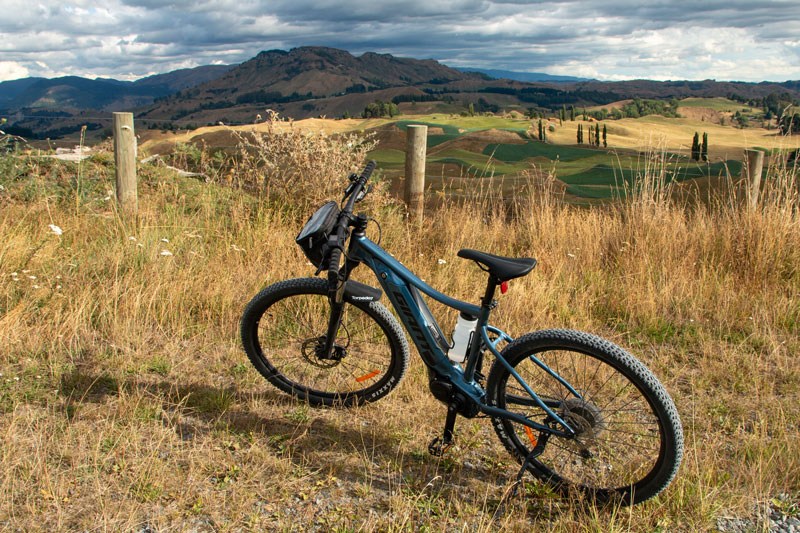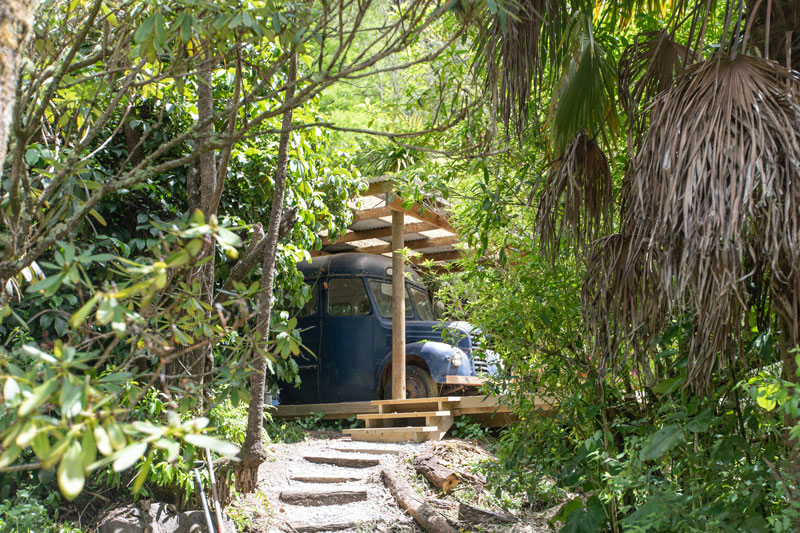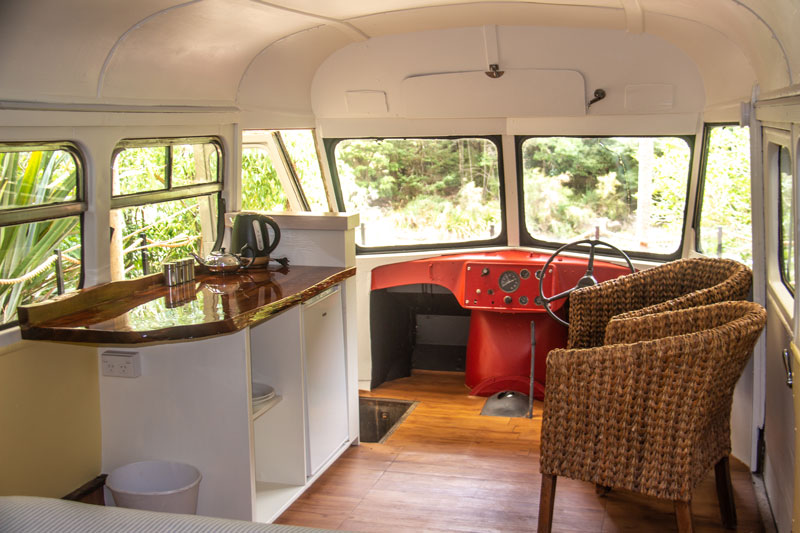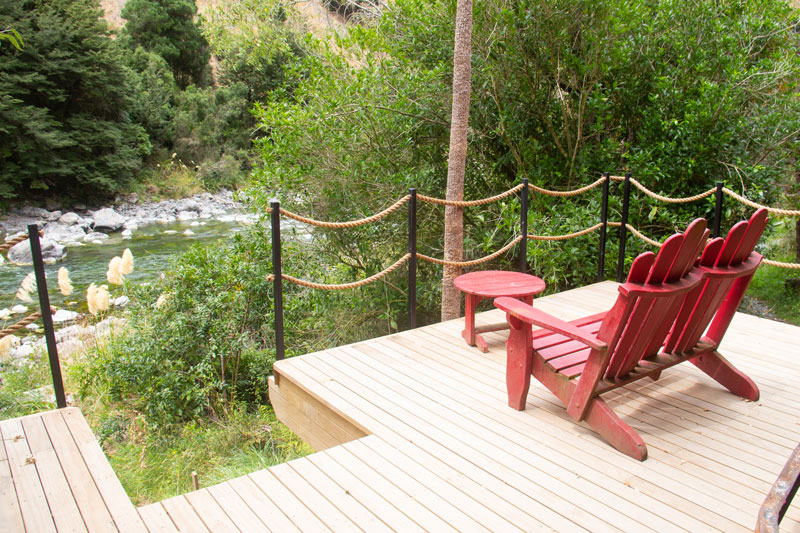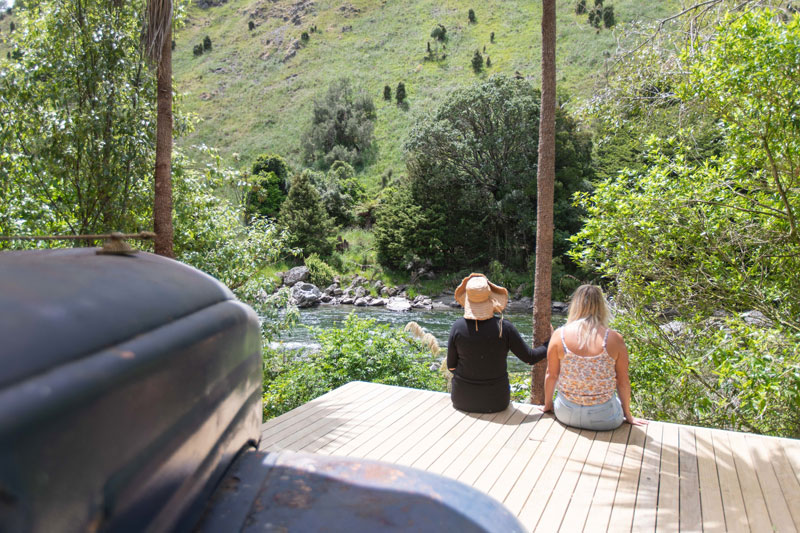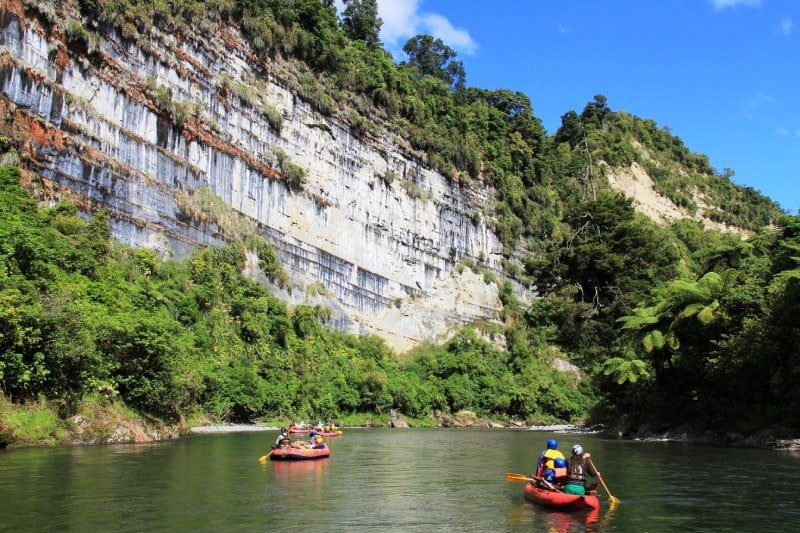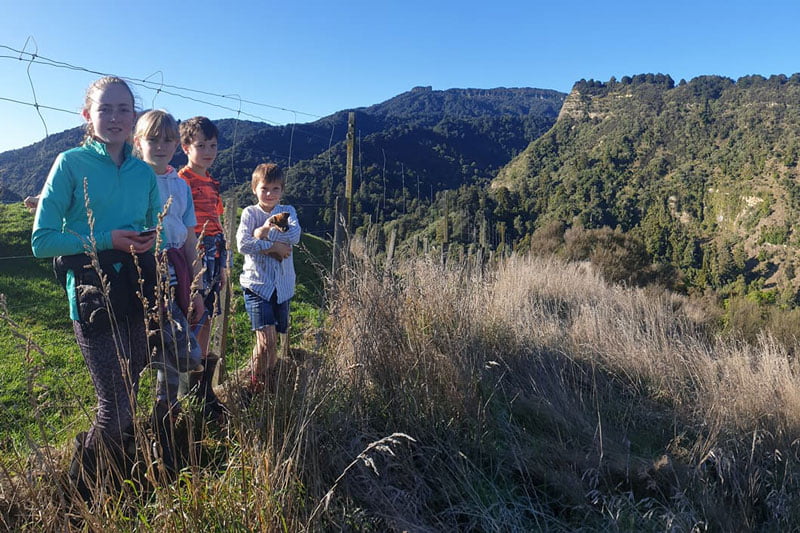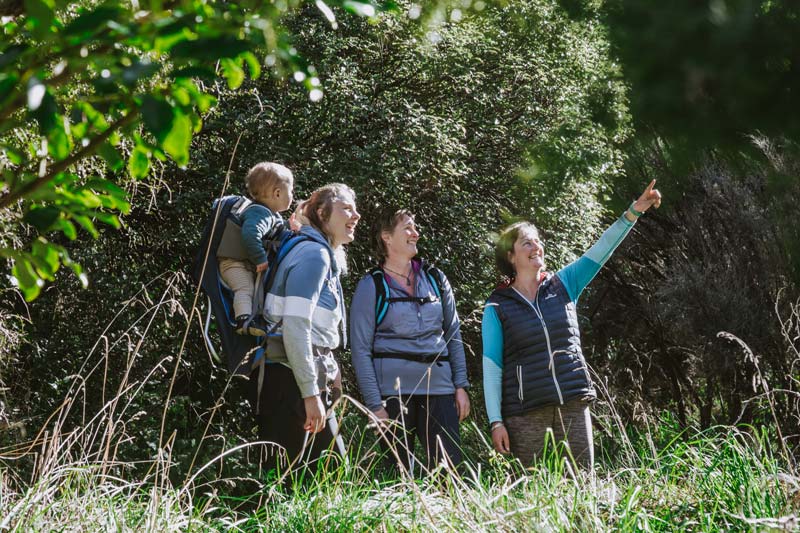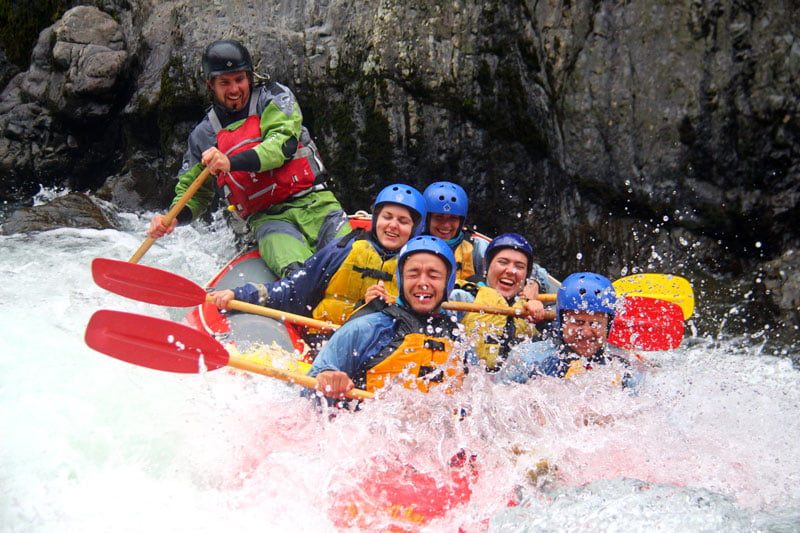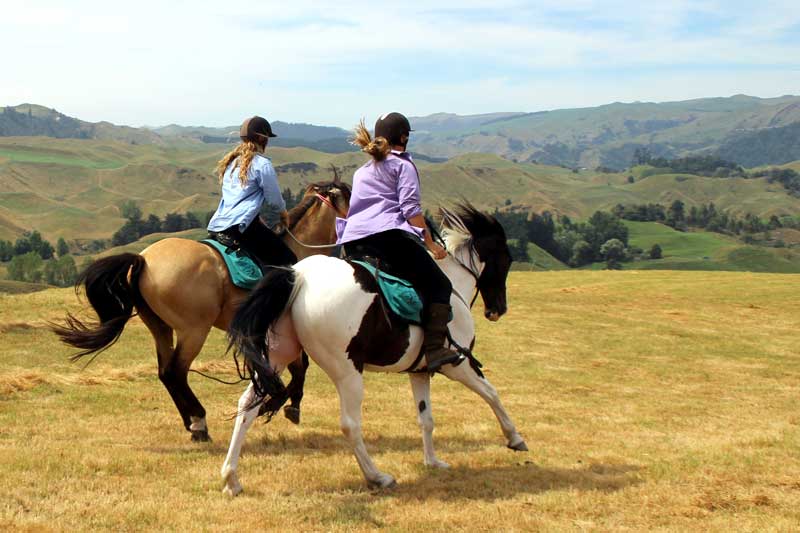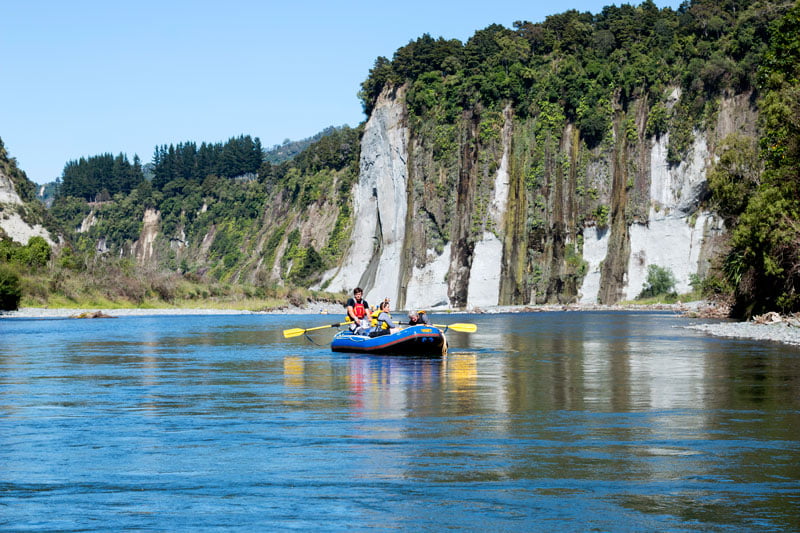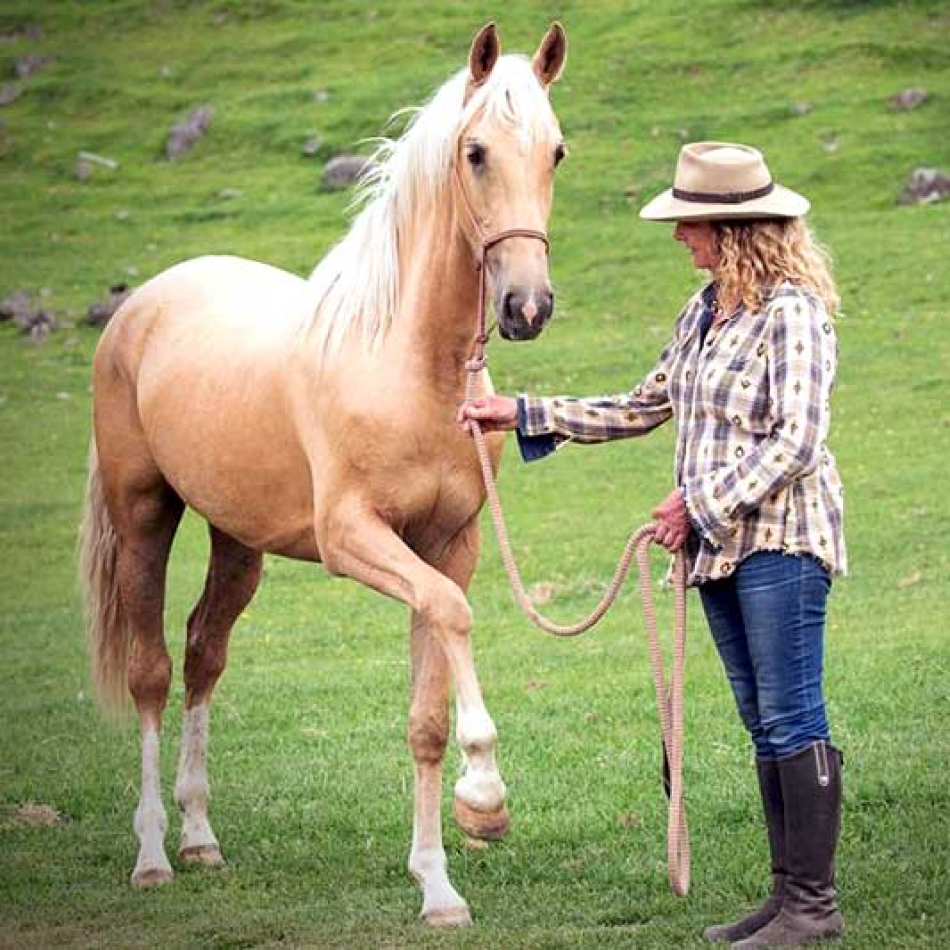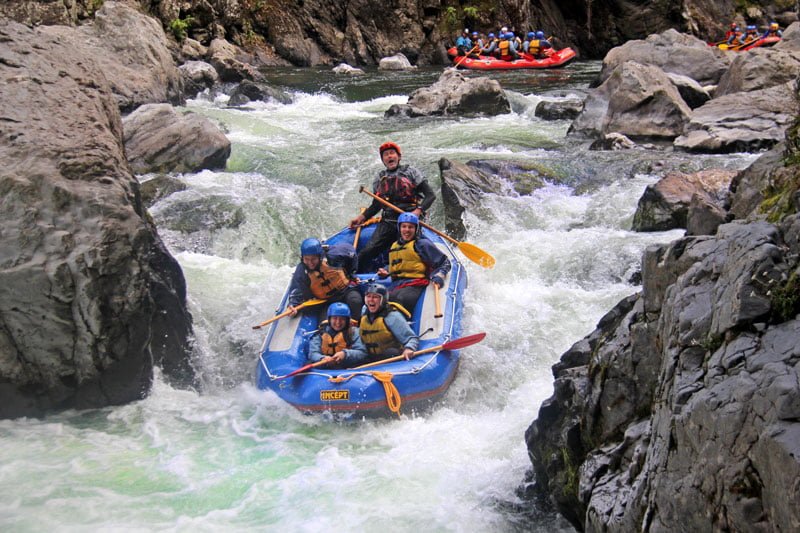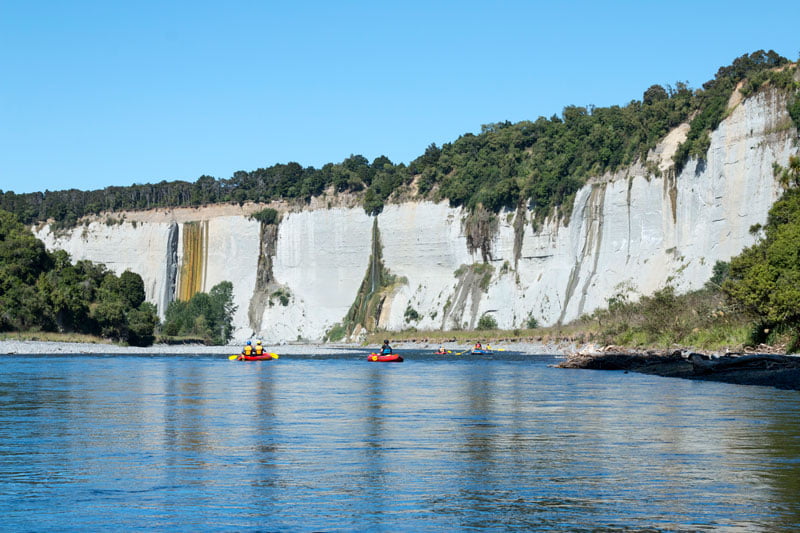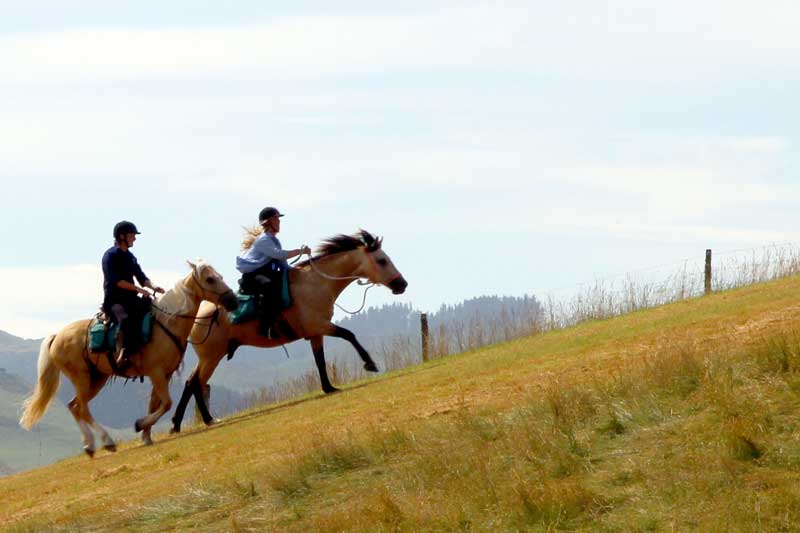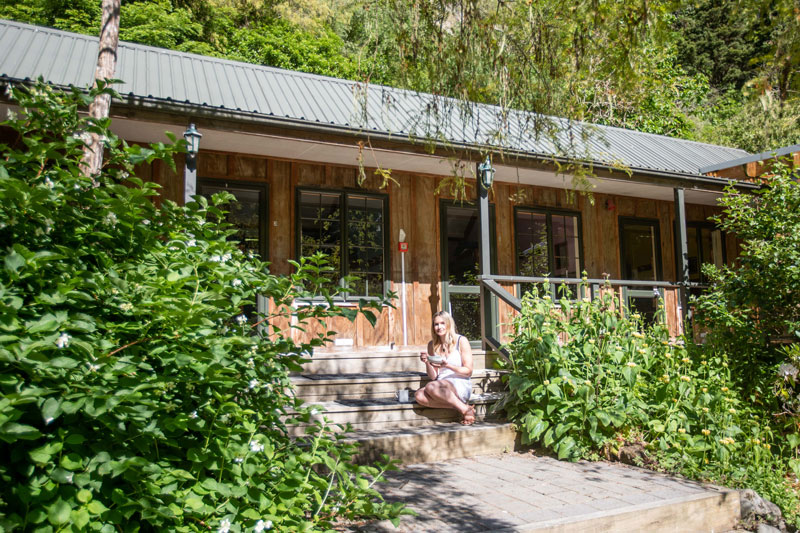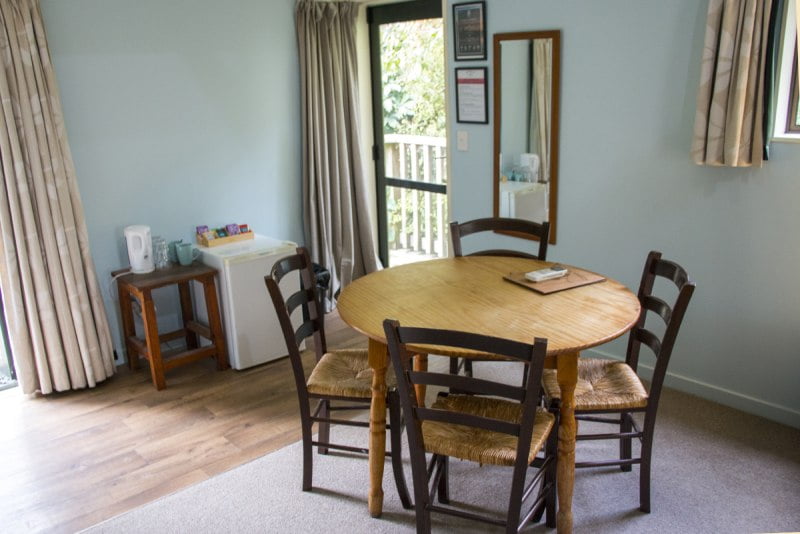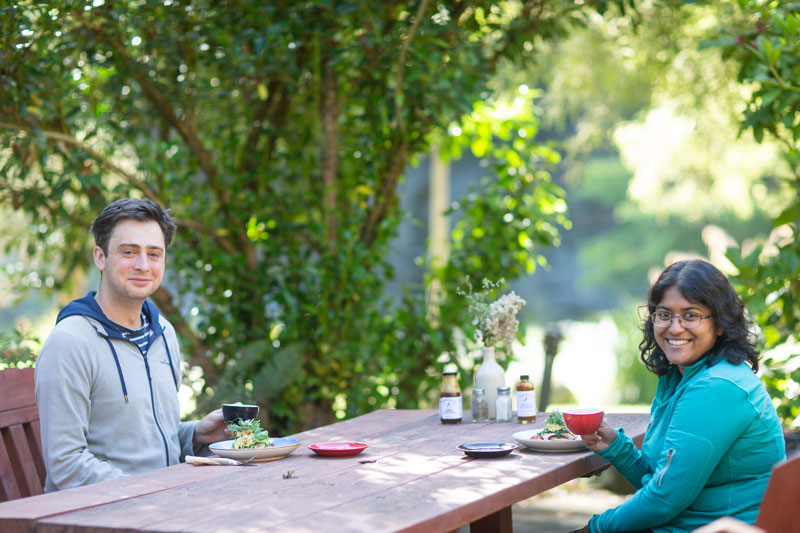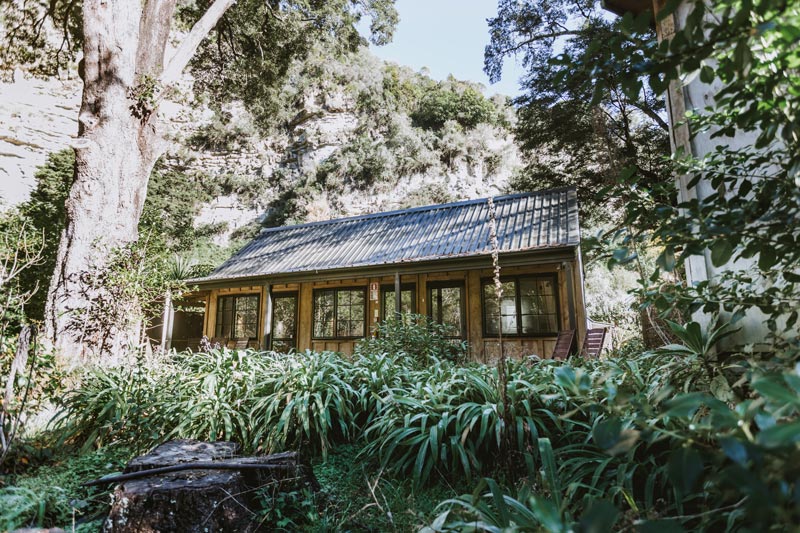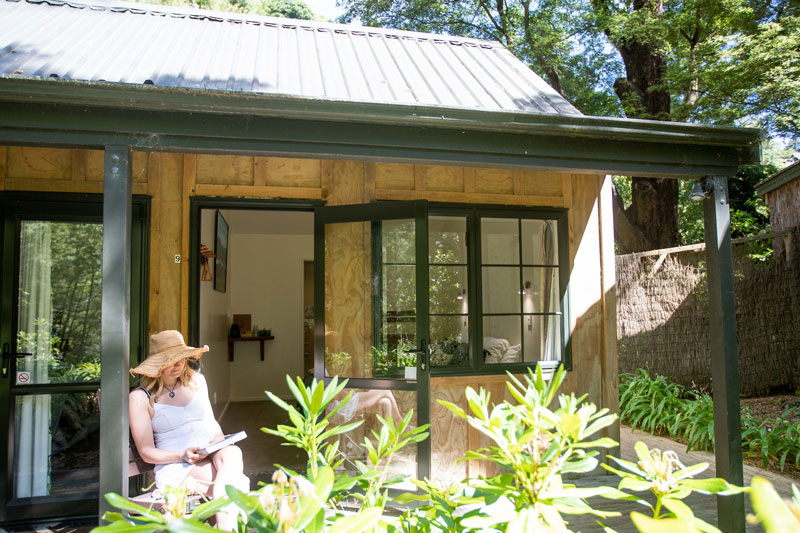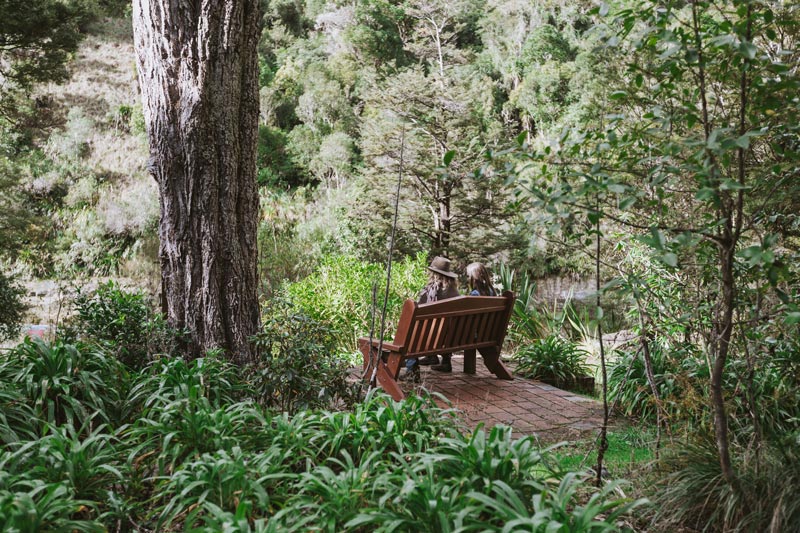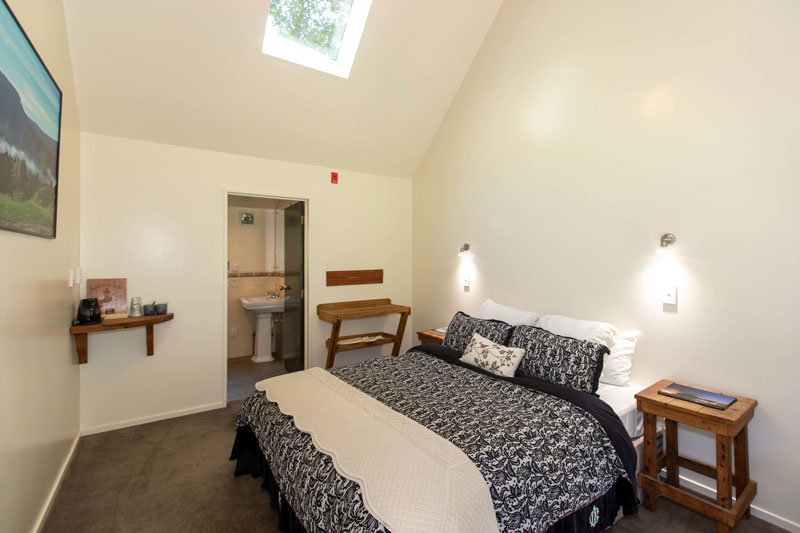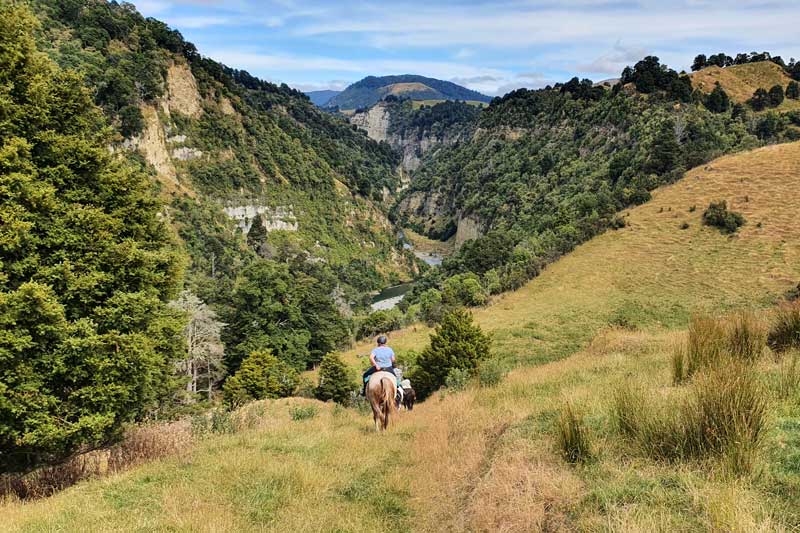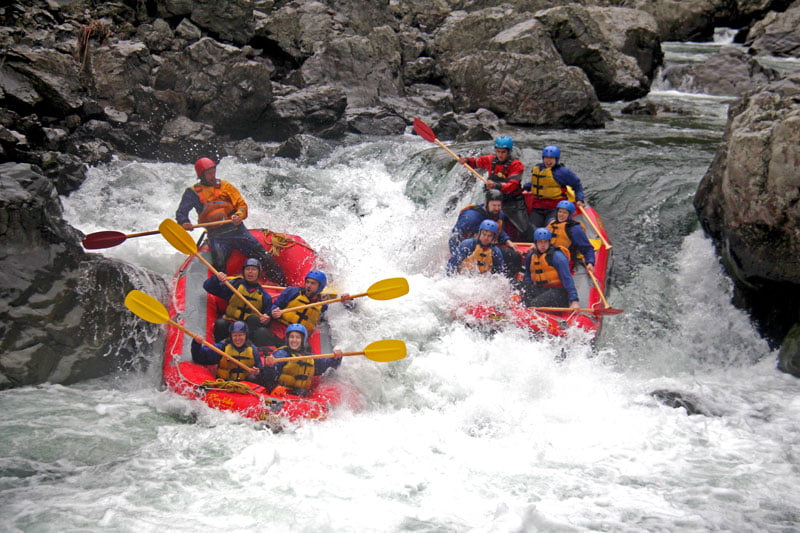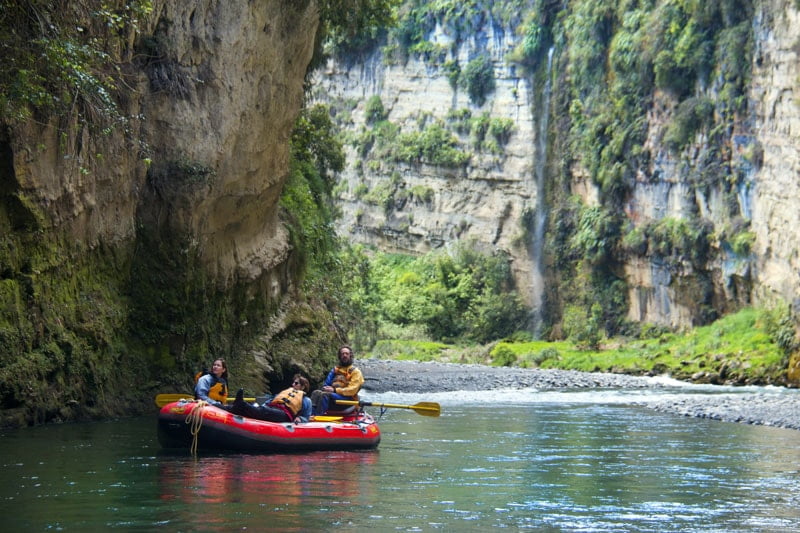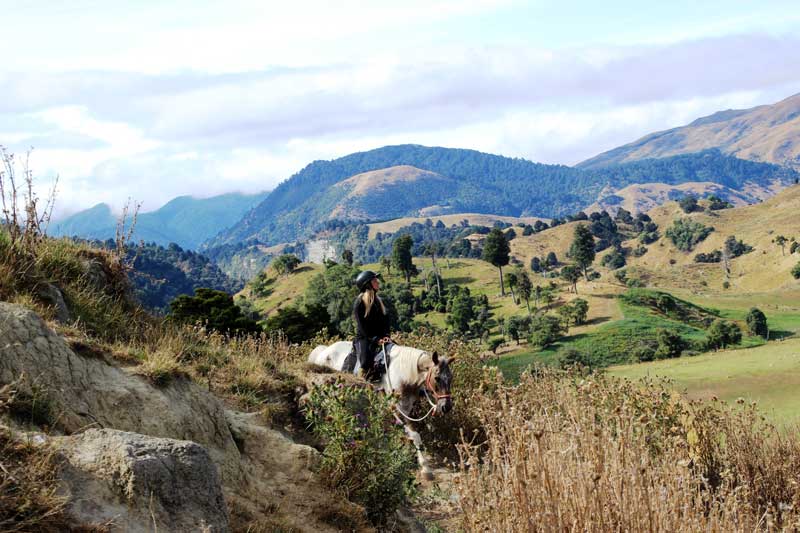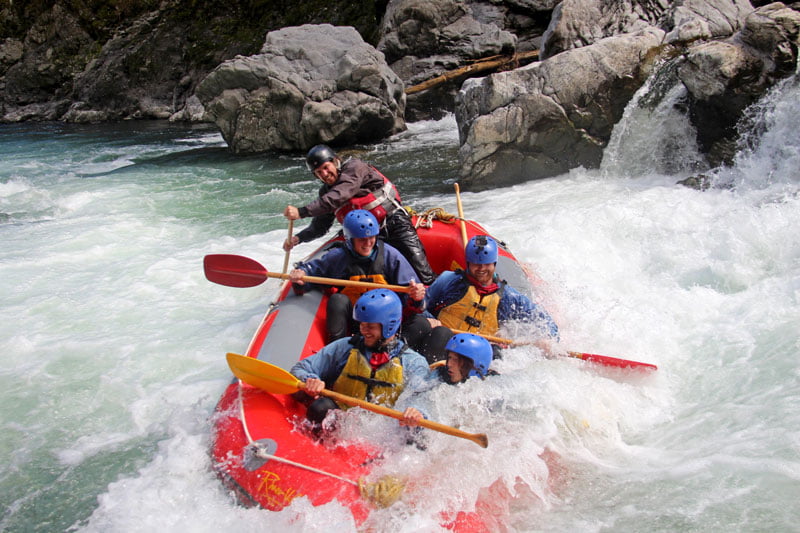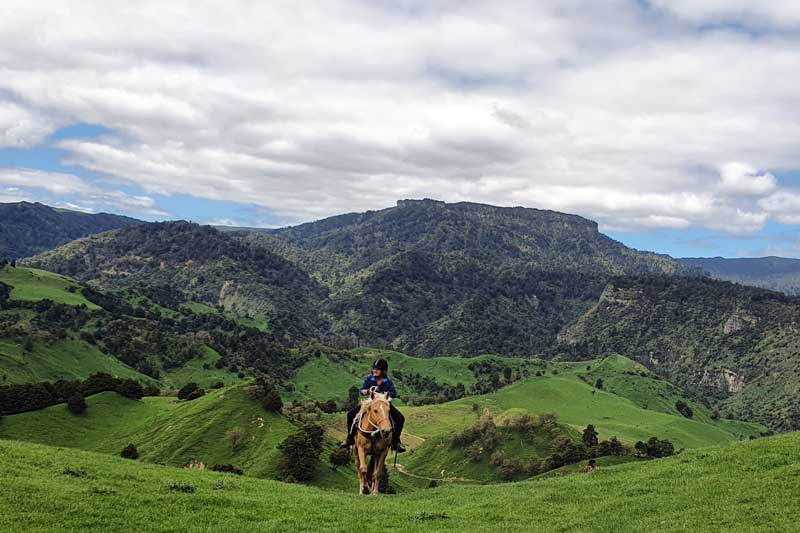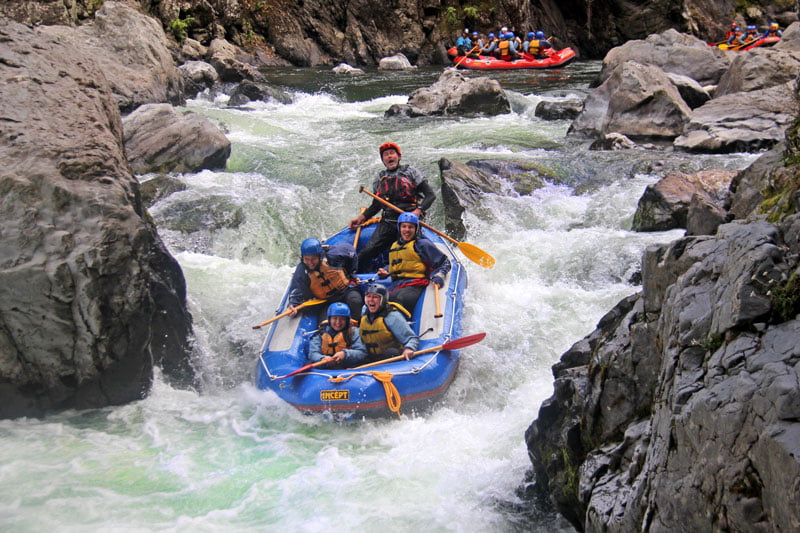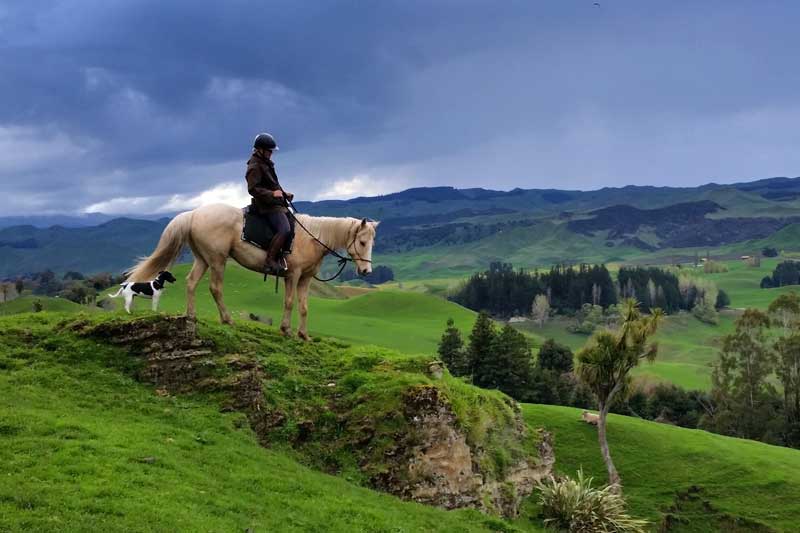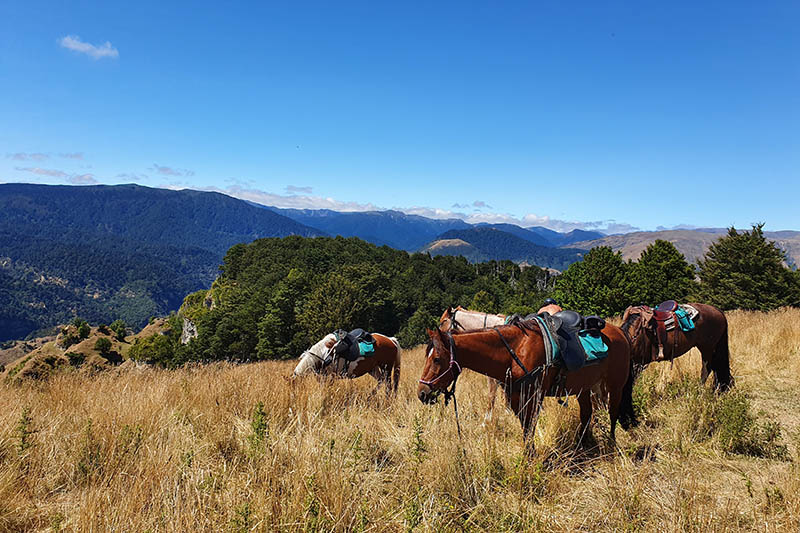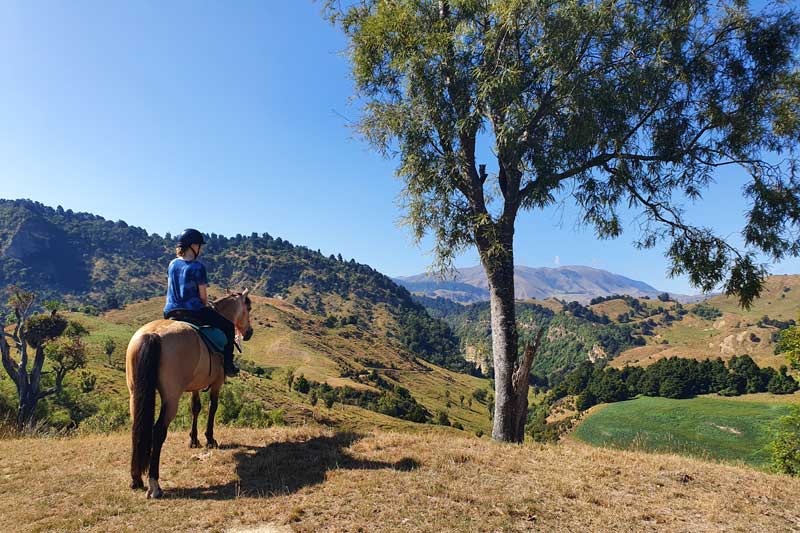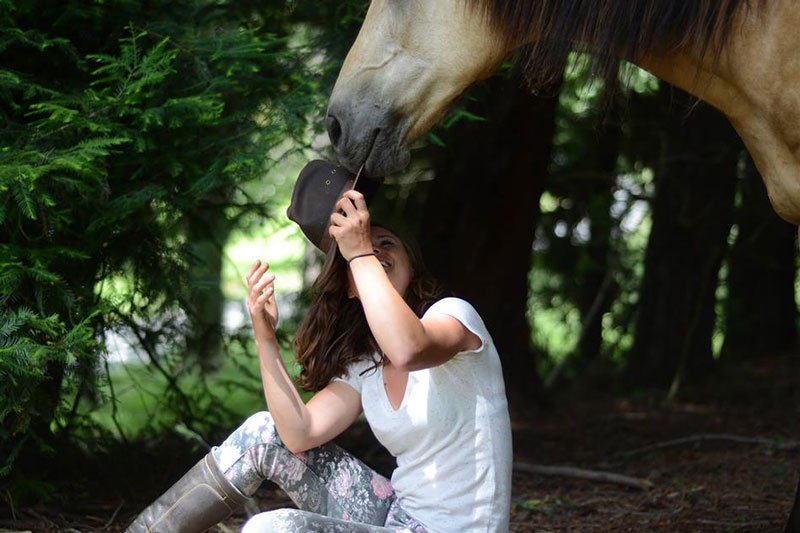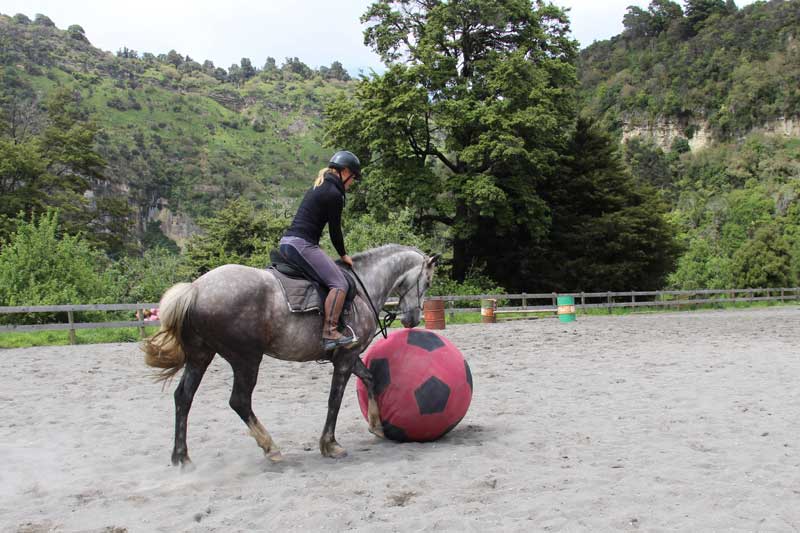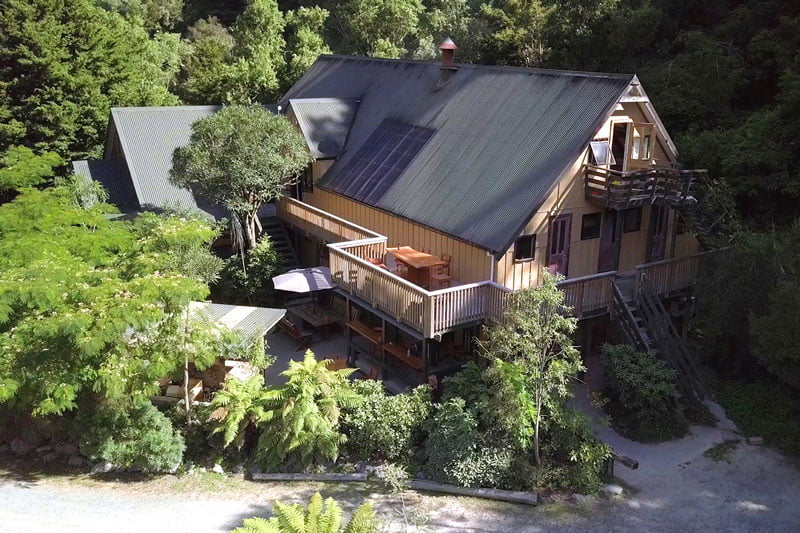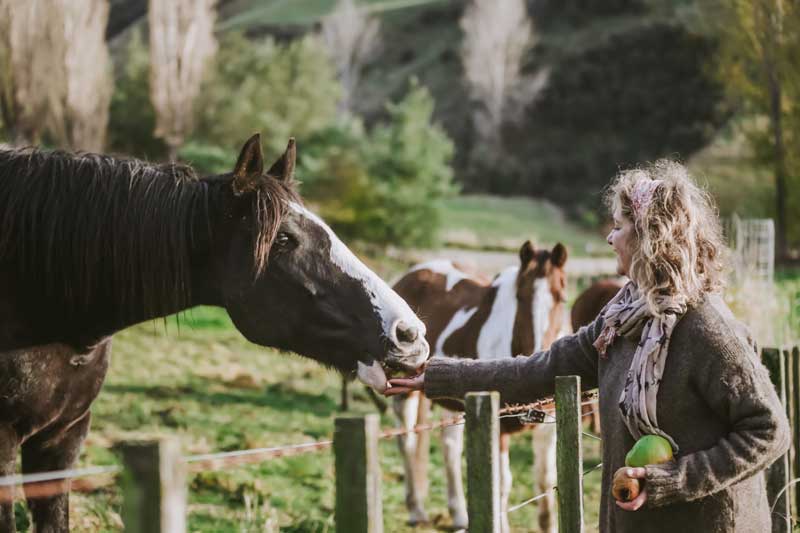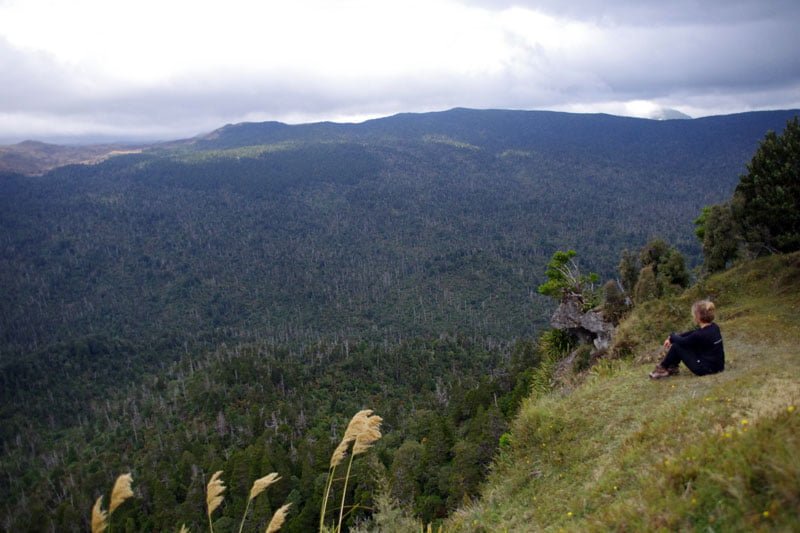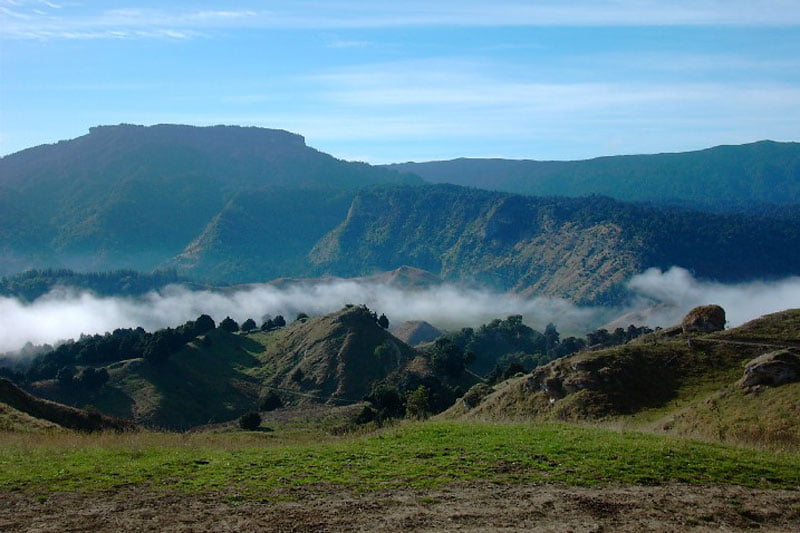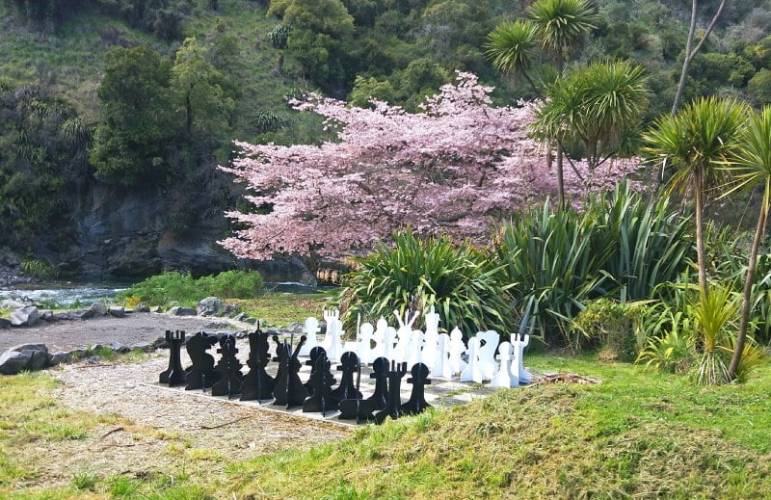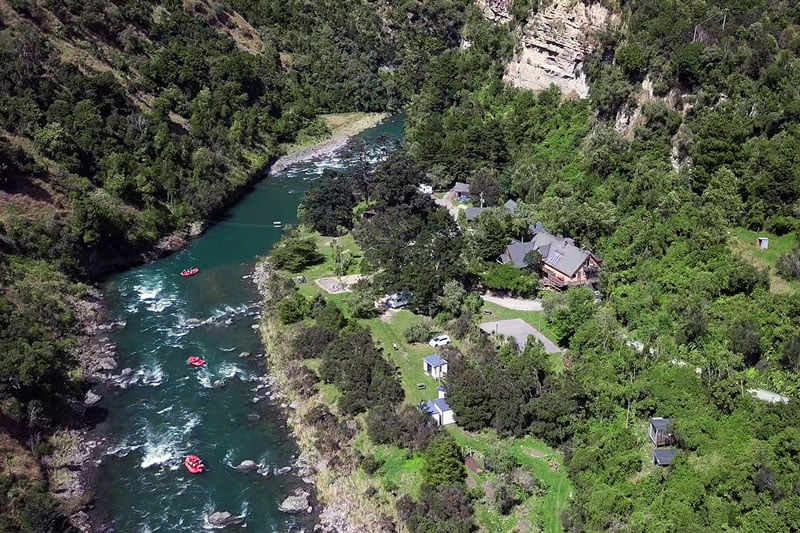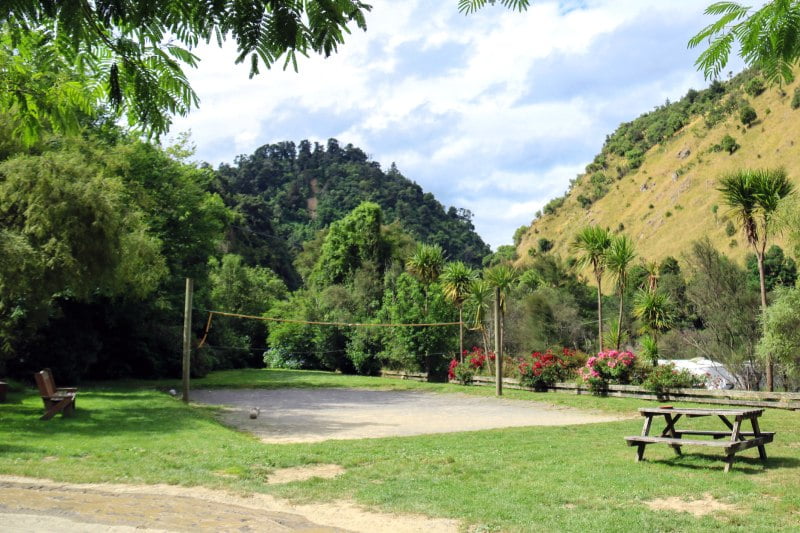It Never Comes Back – Ever!
I thought I would share a few thoughts about what can be, in some circumstances, the realities of compromise, especially as it pertains to the impact of our economy and society on the rest of the earth.
What triggered these thoughts was thinking about a conversation that I had with an old friend and fellow kayaker many years ago. A conversation that I never forgot.
We were travelling in the bus from the Lodge, up to the “Put On” point of the Grade 5 section of the Rangitikei River. From memory, the conversation we were having was around development, and particularly around the construction of new dams for electricity generation.
On the one side was myself. Younger then and somewhat more naive. I remember saying to my fellow river runner, (let’s call him Peter), that we all wanted to be able to flick a light switch and have the lights come on. To have this happen, then we needed to have power stations that generated electricity.
A couple of facts about electricity consumption in this country: in an average year, New Zealand generates 57% of its electricity from hydro, and while most of the optimal sites have been dammed, there are still some potential locations for future development. Another 23% of generation comes from other renewable sources. The balance is from fossil fuels.
I hasten to say I was not advocating the damming of every river, instead, what I was saying was that surely we could get together as a society and work out compromises that, at least, partly met everybody’s needs and concerns.
Peter’s response has always stuck with me.
He did not disagree that we should be able to get together and sort out a compromise that at least partly satisfied everyone. What his concern was, and in retrospect, he was right, is what happens after that first compromise. When will that first compromise be revisited, and that natural resource is again asked to compromise (of course for the common good, not for some developers profit).
To demonstrate why the need to revisit, here is a simple sum. New Zealand’s electricity consumption grew at an average of 2.1% between 1974 and 2010. Doesn’t sound much does it, 2.1%? But in actuality, power use more than doubled in this period. (the effect of compound growth). This doubling, of course, entailed the construction during this period of many more dams along with the tapping of other supply sources.
To meet this and future demand, the original compromises will, of course, be revisited, and will no doubt be revisited after that. And this is the reality, the natural world is always asked to compromise, then compromise on the last compromise, and because it has, at least until recently, little voice, each time it comes out the poorer. What do we, our civilisation and society lose? Nothing you could say, except another wild place. Or perhaps, with the loss of each wild place do we also lose something else, part of our soul?
The compromise is one-sided and not permanent. In my younger naivety, I thought that the initial compromise would be enough, not realising it would never be enough.
While there are still sites to dam, it will never be enough for the power generator.
While there is still demand for ore, it will never be enough for the mining company.
Every drought it will never be enough. The farmer will cry – we need more irrigation!
And as we come out of the pandemic crisis, the call will go up for projects to “kick start” the economy. Developments for the public good (but not necessarily the environment’s good) we will be told.
And this is my fear for the inevitable post-COVID-19 financial stimulus. Vast sums will be spent, with the mantra that in times of crisis, you have to do what you have to do. The push will be on to relax environmental rules and other legislation that was put there for both the public and the environment’s protection.
If this becomes a reality, then most of the money will not find it’s way throughout society, instead, as in post-2008, it will end in the pockets of corporations and the 1% who already own as much as everybody else combined. The potential is there for taking our society and economy in a different, a kinder direction. I am hopeful that this opportunity will not be squandered.
Because after each compromise, what we treasured before never comes back, ever.
Brian Megaw



